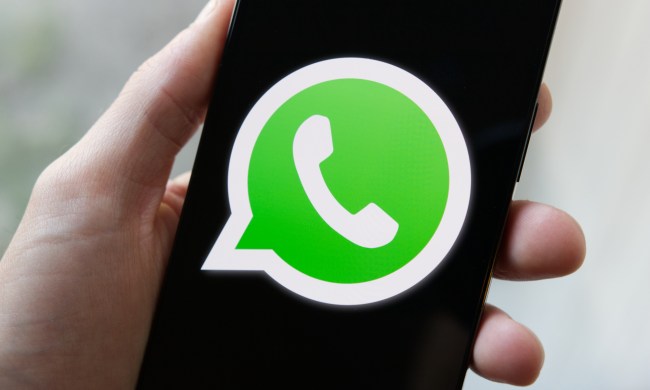
While the government has shown no reservations in the past in shutting down Facebook and Twitter inside its borders, WhatsApp managed to outlive both of them. While the app isn’t necessarily as popular in China as it is elsewhere in the world — Tencent’s WeChat dominates in the region with an estimated 500 million users in China alone — it is particularly handy for international communication as well as its built-in encryption feature.
Facebook was blocked by the government in 2009, and Instagram faced a similar fate in 2014. With WhatsApp’s prospects also looking grim, the social giant is in danger, more than ever before, of being completely forced out of China. The company attempted to repair the relationship beginning in 2014, but has backed off over the past year.
Why the sudden attack on WhatsApp? Recently passed cybersecurity laws in China require companies that provide software in the country to register with the government and store data on local servers. Meanwhile, users are required to use their real names in social applications. The government has consistently justified the measures, colloquially termed “The Great Firewall,” as necessary to curb cyberterrorism.
While the disruption of the messaging app is emblematic of a wider policy, it is fairly clear that WhatsApp was specifically targeted. Nadim Kobeissi, an applied cryptographer at Symbolic Software, confirmed as much to the Times.
“According to the analysis that we ran today on WhatsApp’s infrastructure, it seems that the Great Firewall is imposing censorship that selectively targets WhatsApp functionalities,” Kobeissi said.
WhatsApp, of course, isn’t alone. Even WeChat users haven’t had total success sending and receiving messages and media. The government has also cracked down on virtual private networks, or VPNs, which are commonly used to route internet traffic to servers in other countries, and earlier this month, mobile carriers in the nation were ordered to cease all access by February 2018.

